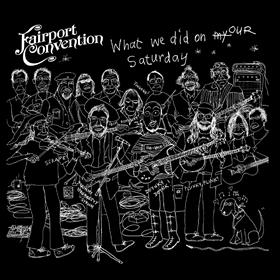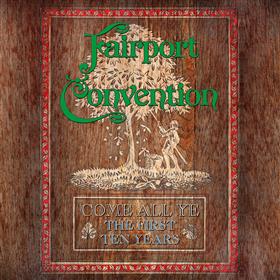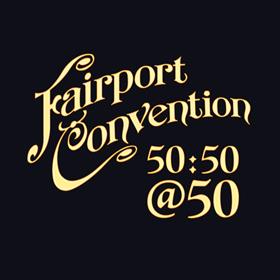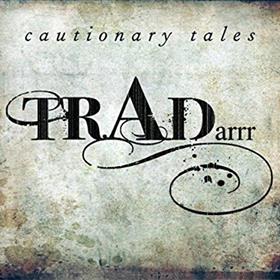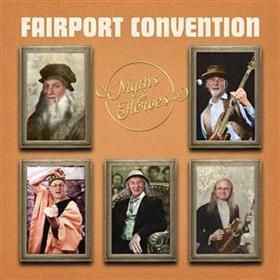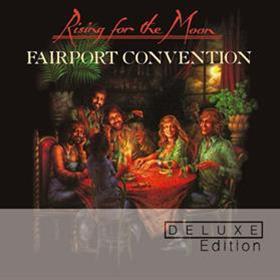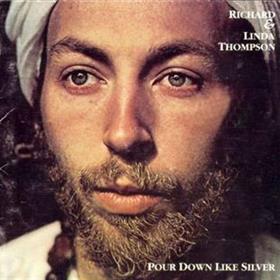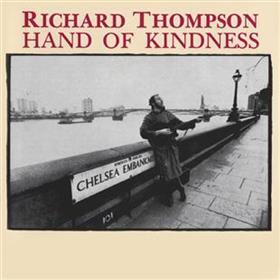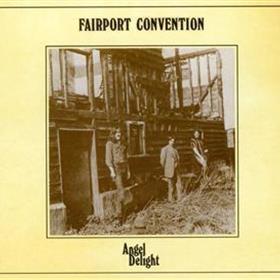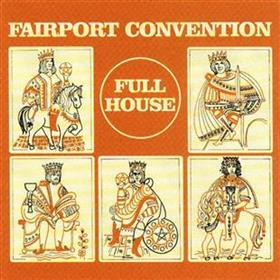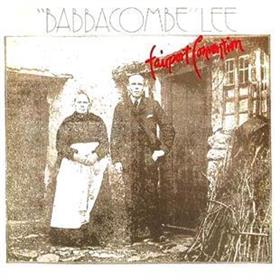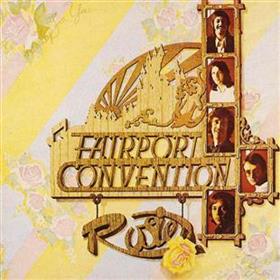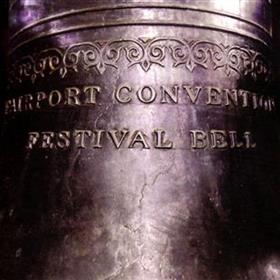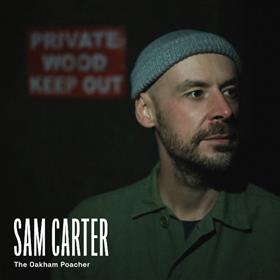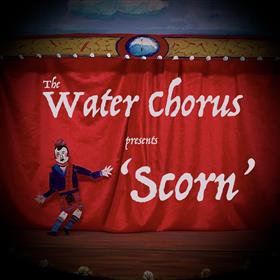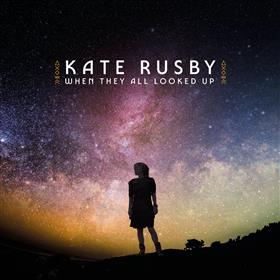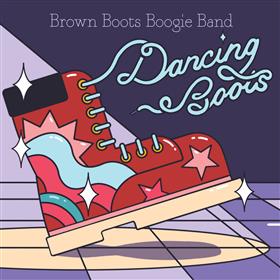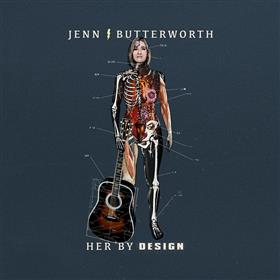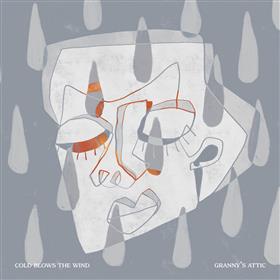David Carroll and Friends - Bold Reynold Too
2024 studio album
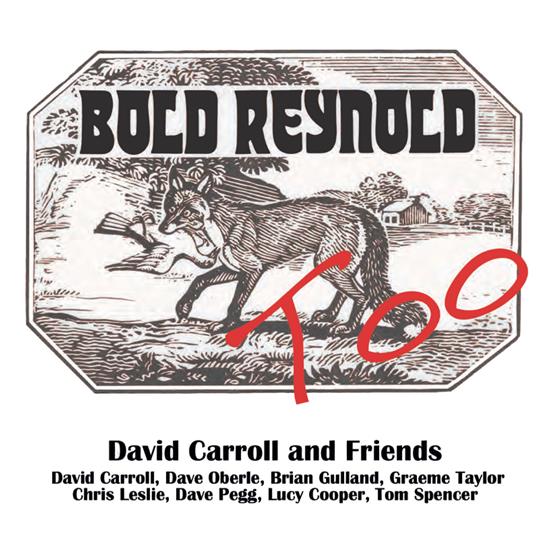
the bright young folk review
With the cover exactly the same as his first album with just the final word added in red, Bold Reynold Too reunites Carroll with fellow musicians and friends from the likes of Gryphon (Brian Gulland, Graeme Taylor, Dave Oberlé), The Men They Couldn’t Hang (Tom Spencer) and Fairport (Chris Leslie, Dave Pegg) for a second trawl through reinterpretations of both familiar and more obscure folk traditionals, carved out with instrumentation that includes dulcimer, uilleann pipes, lute, bouzouki, dhol, bassoon, Cor Anglais, harp, crumhorns, tuba, banjo and, er, ’annoying humming’.
One of several to feature the backing vocals of the Reynoldettes (Laura Carroll, Madeleine Kersey, Sally Bosman), it opens with an old Swan Arcade favourite, The Battle Of Sowerby Bridge. Nothing to do with the Civil War battle that took place there but rather a galumphing humorous Bradford drinking song of unknown origin that, Carroll on lead, would seem to detail a rumble between rival gangs at a local funfair.
Written by Kevin Doyle and popularised by his sister Maggie, with Oberlé on lead, Gweebarra Shore is a ballad about Irish immigration that references their grandparents house in Derryloughan as well as several real life characters, among them English army deserter Fletcher the Prophet, Donegal tinker-fiddler John Doherty and much loathed puritanical miseryguts Canon McFadden, (“him with his toilet brought over from France”).
Dating back to at least 1728 when it was published in The Dancing Master and attributed to a Johnny Dyer, Carroll again on lead, Down Among The Dead Men is not the drowning at sea number you might expect, but a number about getting dead drunk variously peppered with metaphors (dead soldiers being the bottles) and allusions to how booze facilitates sexual pleasures. The verses have a lumbering pace but the familiar title refrain is of the glass-raising propensity, all topped off with Taylor’s electric guitar.
Another drinking song, this of Irish provenance with Lucy Cooper on vocals, Carroll’s bouzouki and Oberlé’s bodhran providing percussion is the swayalong Johnnie Jump Up. Written by Tadhg Jordan from County Cork and popularised by Christy Moore, relates the consequences of drinking cider that’s been matured in whisky barrels, ranging from kissing a member of the Garda to curing the lame and raising the dead.
In distinct contrast, Carroll turns to such cheery topics as incest and suicide by arrow on six-minute traditional Child ballad Sheath And Knife, the king’s son impregnating his sister and then, according to her wishes, shooting her and burying her body and unborn child, the refrain “they’ll never go down to the broom anymore” lending a spooked sombre air to the dulcimer and harmonium-led arrangement, Taylor delivering another fierce solo.
Featuring Carroll on vocals and lute, with fiddle, dancing drums, bassoon and bells, set to a courtly madrigal-like tune, A Little Of One With T’Other is a bawdy ditty by Thomas D’Urfey from Pills to Purge Melancholy extolling the virtues of blokes putting it about and mixing it up a bit in their liaisons.
The title referring to the Sperrin Range in Co. Derry, it’s back to Irish immigration and exile for the stately Slieve Gallion Braes, opening with Carroll on pipes and features his vocals, Leslie on fiddle and Taylor’s acoustic guitar, poignantly lamenting how high taxes force the sons of Ireland to leave their homes.
Carroll and Gulland multi-track themselves for A Week Before Easter, a jilted lover variation on The False Bride (the hapless lad naturally sees death as the only way to forget her) learnt by Carroll from The Copper Family singing and given a stately, courtly waltz arrangement with pipe organ, Cor Anglais and harmonium.
The pace picks up for a Morris-tinted McShane, the tale of a farmer from Kildare who goes to England for the harvest and has a run-in with the tinker he finds sharing his lodgings, things resolved over a noggin or two, leading into the lively jig The Blarney Pilgrim.
Getting the crumhorns out of the flight case, Pace Egging Song relates to the Lancashire tradition of painting eggs for Easter and, similar to wassailing, incorporates a Mummers’ like play. Oberlé, Gulland and Carroll variously take on the roles of Lord Nelson, Lord Collingwood and Old Tosspot who, despite the name is “a valiant old man and in every degree” who delights in strong ale.
It’s great fun and keeping the mood going, it lurches into the first of two bonus tracks, a near seven-minute take on the familiar ribald Scottish night visiting song The Keach In The Creel wherein, persuaded that her daughter’s having it away in the bedroom, her mother creeps in to catch her in the act and ends up falling into the basket in which the lover descended and being hauled up the chimney. Oberlé acts the clerk and Golland the father with Lucy Cooper singing both the mother and daughter parts, before it rounds out with slip jig An Phis Fliuch.
It all ends with all four joined by Leslie for an upbeat unaccompanied rendition of Adieu, Sweet Lovely Nancy, a fine curtain call for an album that fully respects the tradition it honours, but also isn’t afraid of giving it some tweaks of its own.
Mike DaviesReleased on CD, vinyl and digitally on Talking Elephant Records July 12th 2024. Produced by Graeme Taylor
1. The Battle of Sowerby Bridge
2. Gweebarra Shore
3. Down Among the Dead Men
4. Johnnie Jump Up
5. Sheath and Knife
6. A Little of One With T’Other
7. Slieve Gallion Braes
8. A Week Before Easter
9. McShane
10. Pace Egging Song
11. The Keach in the Creel
12. Adieu Sweet Lovely Nancy

